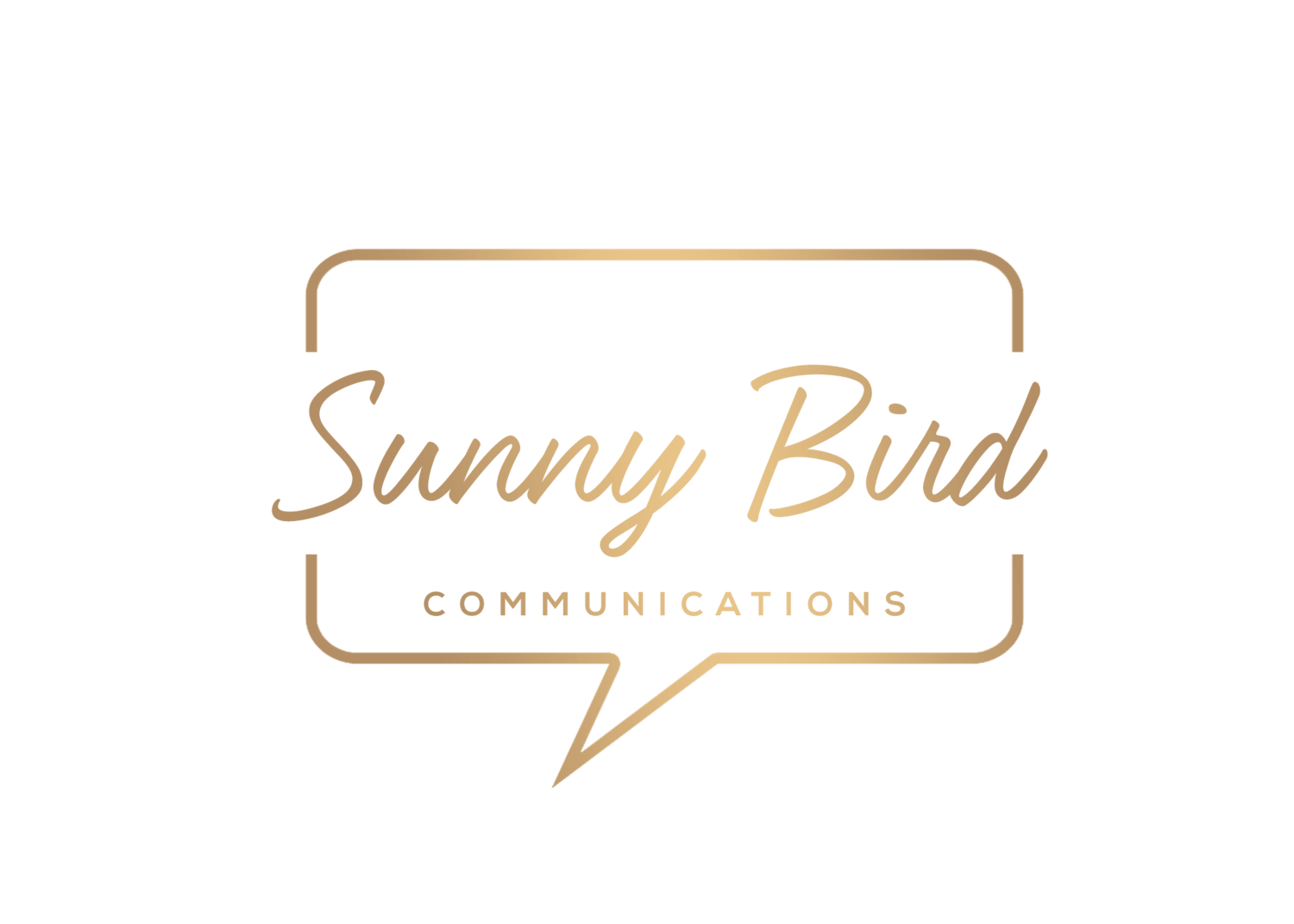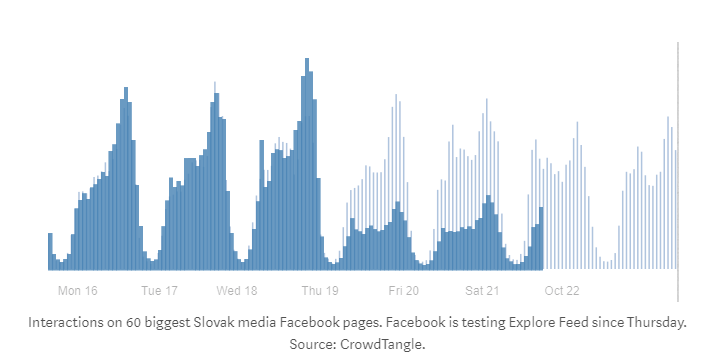A few years back, those of us promoting via social media would have measured success by the amount of likes and followers generated. This was true across the board from Facebook, Twitter & Instagram.
However as the social network giants changed their algorithms to prioritise the most relevant content for its users, a lot of likes are no longer a guarantee for reaching your fans. Now, your posts will only reach a small percentage of your followers through what we call “organic reach” (the amount of people who see a post without you paying for it). It’s the social networks’ way of encouraging businesses to pay for promotions, ensuring the ‘social’ aspect doesn’t drown in a sea of brand promotions.
These changes have made it increasingly difficult for businesses to reach their consumers without breaking the bank on sponsored posts, no matter how amazing the product is. To help you along, we have compiled some tips on how to maximise your social media strategy:
Twitter’s organic reach is 3.61%, meaning if you have 500 followers, your posts will reach 18. You can improve these numbers by commenting on current news and trending hashtags. If you post about today’s big news from the perspective of your business, you become visible to the thousands of Twitter users following current events. You can also collaborate with people and organisations around you, when you tag them in your posts and vice versa, you will reach new followers - a win-win situation!
Facebook has the lowest reach, with an average 2.6% of users reached per post. To get your posts into more newsfeeds, you should feature more video content as they are favoured by Facebook’s algorithm. Make your content shareable; whether it’s by including cute cats, cool facts or amazing achievements, you want people to share your post with their friends and family.
Last week saw the rollout of the “Explore Feed”, this new feature can be found in the menu with your groups, pages and events - look out for a tiny spaceship in a red circle! This new feed is designed to show you posts that Facebook thinks you will find interesting from pages you may not be following yet.
In a few countries (not the UK), an alternative version of this feed is being trialled where the original news feed is reserved for posts from friends, family and advertisers and the pages you follow are pushed into the Explore feed. Countries in the trial are reporting a loss of around 60% in both organic reach and number of interactions (likes, comments and shares). Facebook says there are currently no plans on taking this feature globally, but with it already being tested in six countries, we will be keeping an eye out for it as a UK rollout could mean big changes for us and our clients.
Instagram used to be the king of organic reach at around 20% thanks to its chronological news feed, but since introducing a new algorithm to show users the posts they would “care about the most”, this number has gone down.
Instagram does still favour more recent posts however, so it’s important to know when your followers are online and post at those times. Another way of increasing your Instagram presence is by using hashtags, but make sure they are specific and relevant to reach the people who are genuinely interested in what you have to say (stay clear of #LikeForLike and #FollowForFollow!). A good idea is to look at which hashtags are frequently used by your friends and competitors and use these. A word of caution though; if you use the same hashtags too often this can lead to what is known as a “shadowban”, where Instagram flags your posts as spam and blocks you from showing up in some searches without informing you. Hence it’s always best to keep your content varied and original.
If you have done all of the above and still wish to take your social media presence that little bit further, paying for sponsored posts doesn’t have to cost a fortune if you know who you want to target. If you’re not sure how, we’re here to help. Call us on 01202 293095 to find out more!

